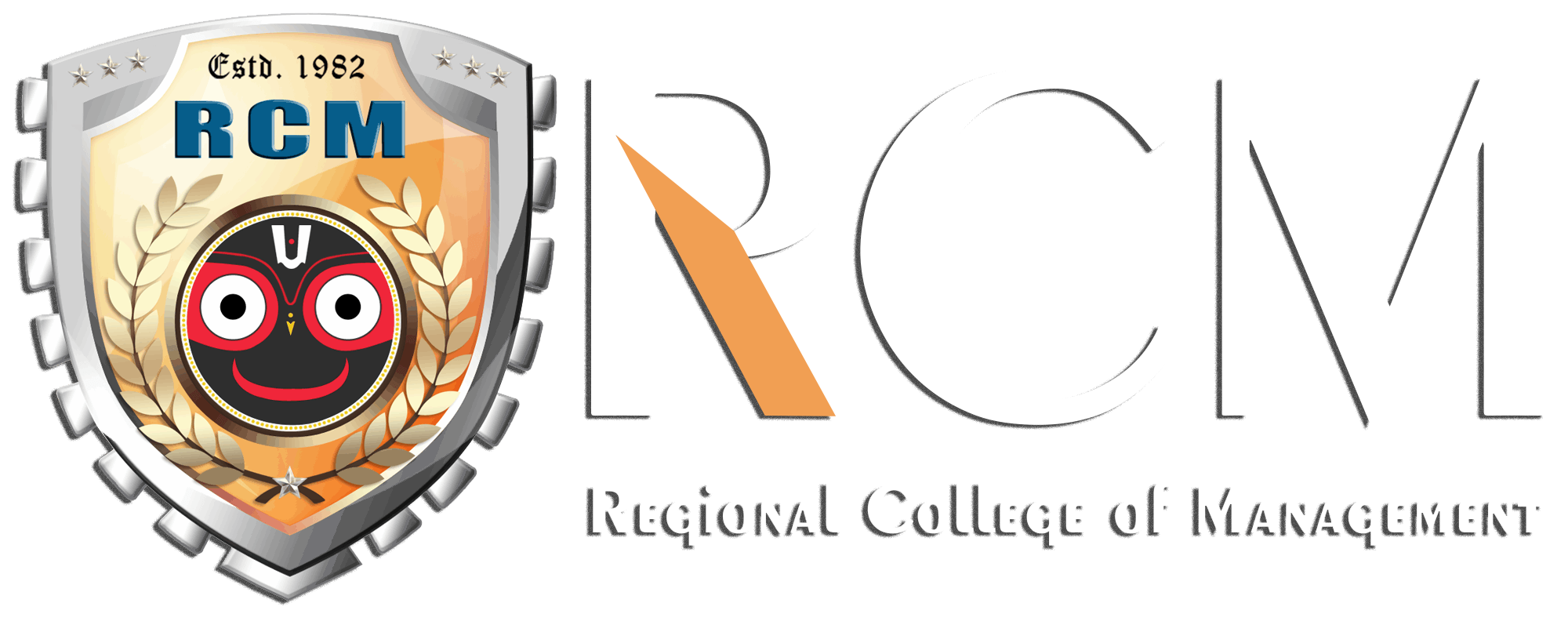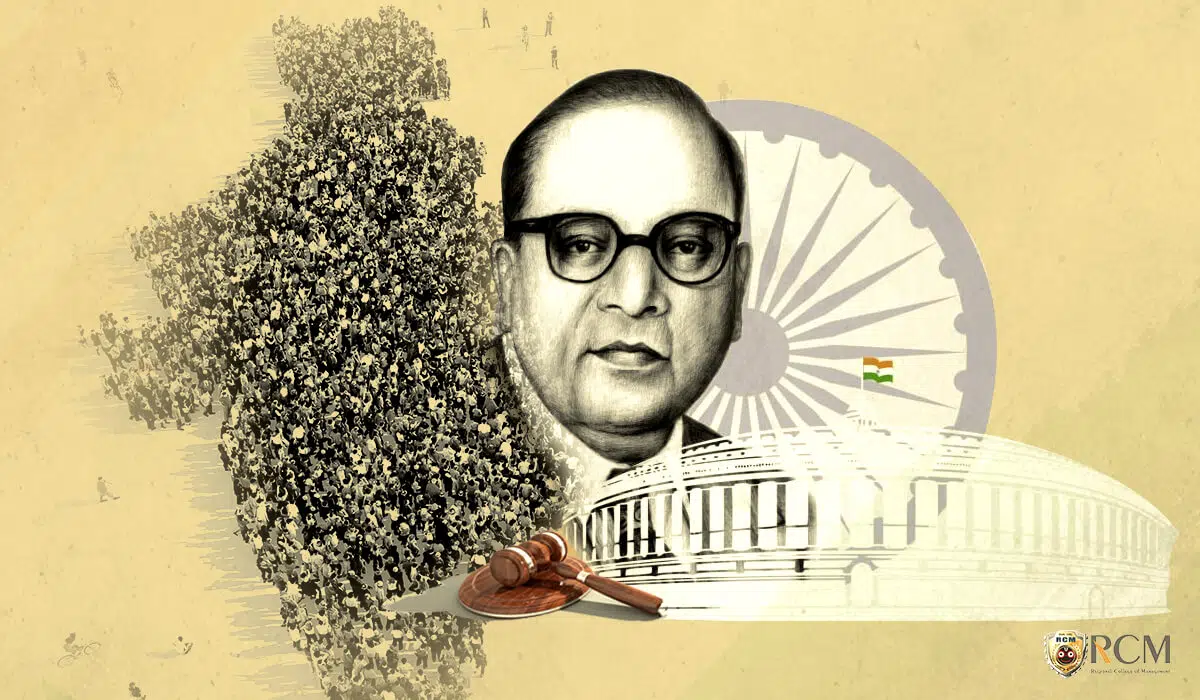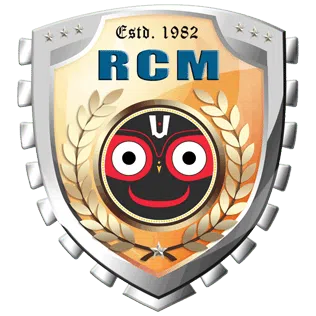Dr. B.R. Ambedkar, the chief architect of the Indian Constitution and chairman of the Drafting Committee, played a crucial role in shaping modern India. A social reformer, economist, and lawyer, he fought for Dalit rights, women’s empowerment, and social justice. His contributions to democracy, equality, and human dignity remain highly relevant today.
In India’s galaxy of independence heroes, he was the one we could truly call the “Pole Star.” He was a strong leader who fought not just for the country but also for the rights of minority groups who had been oppressed for generations. We should follow this man’s lead and seek equality, which includes equality of thoughts, feelings, and aspirations. It’s not wrong to aspire in life, but limiting a man’s path with cultural rules is a sin. Let his legacy live on. We can also incorporate some of his traits into our lives.
About Dr. B.R. Ambedkar:
Dr. B.R. Ambedkar, better known as Dr. Babasaheb Bhimrao Ramji Ambedkar, was an intellectual, a philosopher, a nationalist, a social reformer, a champion of Dalits, a scholar, a writer, a constitution maker, an economist, an exceptional lawyer, and a feminist. He was born into an untouchable caste that had no social, educational, religious, or political rights. Despite this, most of the people consider him as one of the world’s most educated people.
He had advanced degrees from the United States, England, and Germany. Despite his schooling, he was subjected to a lot of social abuse. When he was assigned as Military Advisor in the Maharaja of Baroda’s court, the staff insulted him so badly that he had to resign. He refused to work because he was fed up with caste criticism, and after getting a law degree in England, he formed his own law practise in Bombay.
Ambedkar’s Struggle And Views On Social Justice To Make Indian Constitution:
The Indian Constitution’s spirit and vision is social justice. It is the state’s responsibility to ensure a social order in which the nation’s legal system promotes justice on an equal basis. Ambedkar’s fight for human dignity included a wide range of issues. To achieve the highest degree of humanity, he had to begin with the right to be human. His thoughts, works, and approach are all linked to the Social Humanism school of thought.
He established a socio-ethical ideology and was a firm supporter of human dignity and freedom, as well as socioeconomic equality, wealth, and spiritual discipline. Not just as a profound social philosopher, but also as a great revolutionary who devoted his entire life to the restoration of the countless millions of victims, his name will glow eternally in the cosmos of world history.
Dr. B.R. Ambedkar’s philosophy revolves around the concept of human dignity. Human dignity refers to the right to respect, because of one’s human nature. Ambedkar has given his heart and soul to the betterment and dignity of the Dalits, who have been ruled by higher caste Hindus for years. Due to their birth status, the Untouchables experience a great deal of social, economic, and educational stigma. The governmental system becomes useless if a higher caste Hindu willfully harms the Dalits. No one wants to bring a claim against Hindus from the top castes. Ambedkar was unhappy with the Hindu caste system. He believed that the only way to achieve equality was to eliminate caste.
Towards Women’s Rights:
Ambedkar’s contribution to women’s rights in India is completely drop out. He worked for 3 years to pass the bill. It was India’s most significant social change ever. It’s nothing more than a pledge for women’s rights. He aimed at restoring Indian women’s pride and giving men and women equal rights.
They are property rights, property succession, marriage, divorce, and guardianship. It was a pioneering measure and a first step toward women’s acknowledgment and empowerment in India at the time. Because of these, a woman will be able to own property in her own right and dispose of it.
Contribution Towards The Foundation Of The Indian Constitution:
Dr. Bhimrao Ramji Ambedkar, a renowned scholar and one of the modern Indian Constitution ‘s ultimate founding fathers, was a great leader and humanist India had ever produced. He fought not only to right the wrongs of the untouchables, but also to bring about changes in every aspect of human life, whether social, political, cultural, anthropological, or religious.
In nations where there are numerous variations on the basic concept of democracy, Dr. Ambedkar’s vision is even more important. Dr. Ambedkar presented a larger viewpoint than the commonly held notions of political liberty, equality, and fraternity, with the noble purpose of enlisting the involvement of the whole public. His focus was on the social and economic aspects of democracy.
Dr. Ambedkar’s ideas, as expressed in his writings and speeches, are crucial in understanding India’s social history and development. As a result, his ideas have become more relevant now. Dr. Ambedkar’s writings are just as important now as they were when he wrote them.
He was a strong believer that our political democracy must be built on the foundation of social democracy, which he defined as a way of life based on the ideals of liberty, equality, and fraternity. He underlined the importance of measuring a community’s success by the degree of progress made by women.
Ambedkar’s ideology had its origins in religion rather than politics. Therefore, his political and social ideas may be found in his efforts to empower the untouchables, the “depressed classes”. As well as, B.R. Ambedkar’s political ideology built by the politics of social change and India’s own brand of minority politics.




























